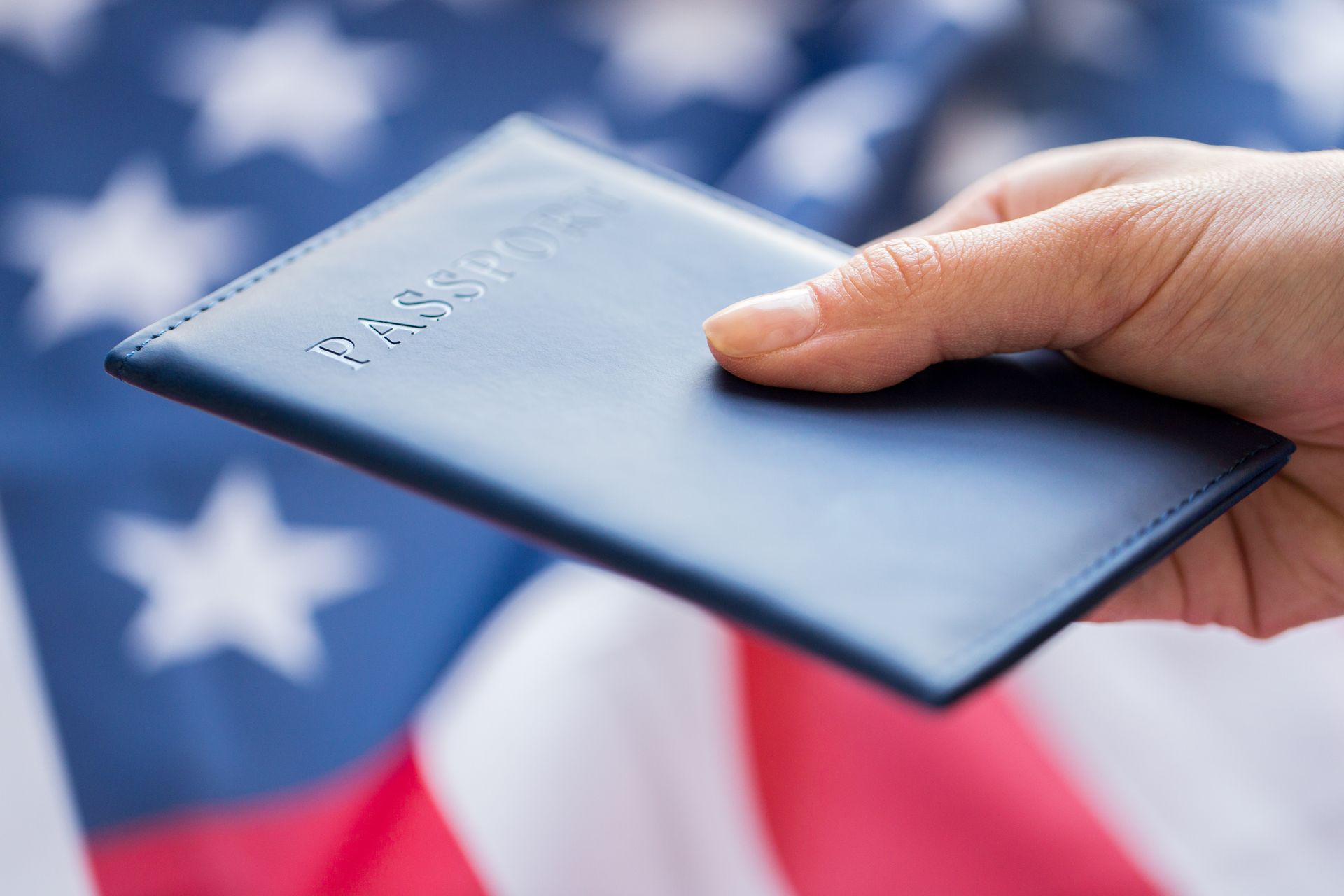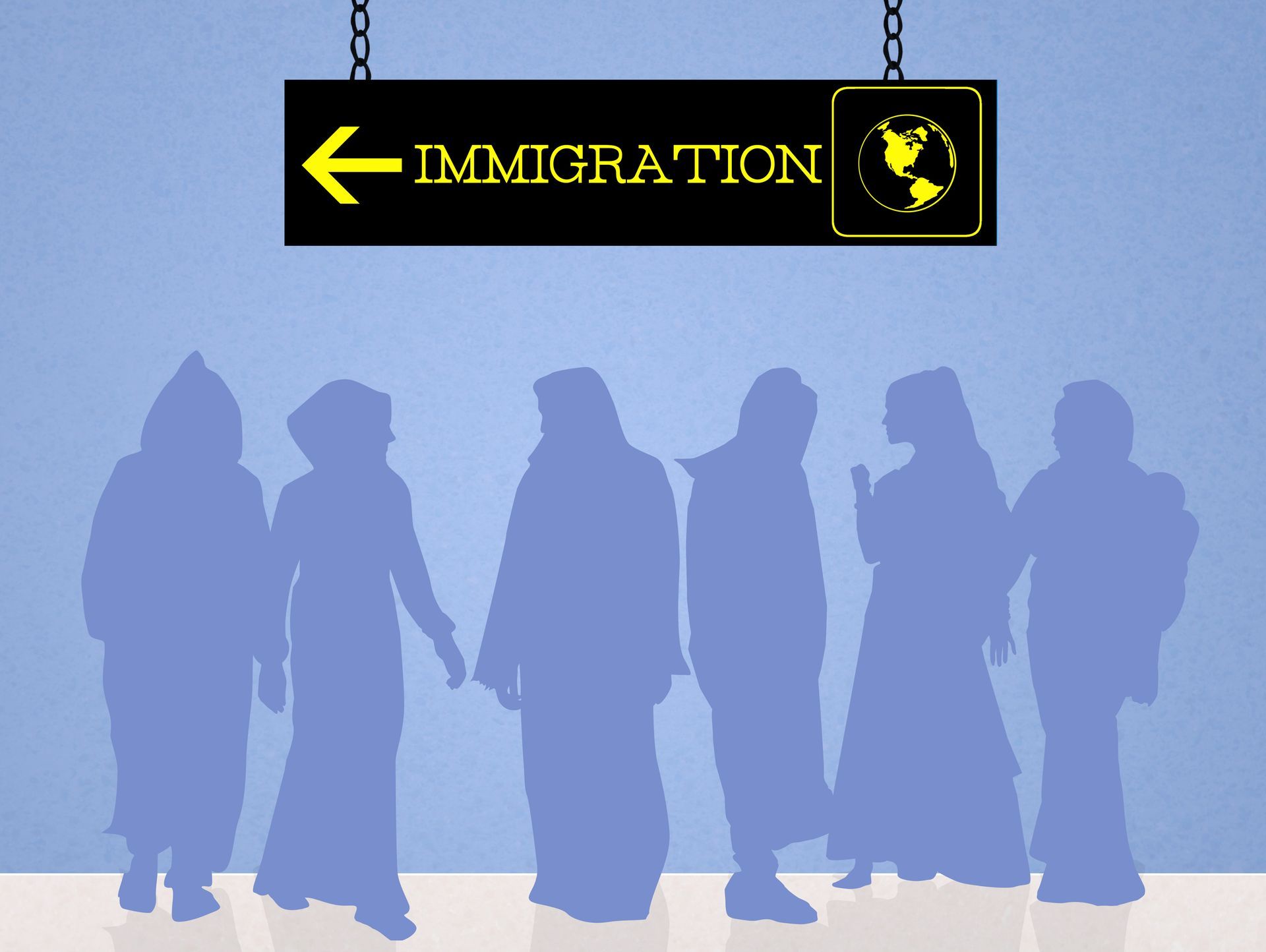Victims' Voices, Victims' Rights: The U Visa Explained
In the United States, victims of certain crimes are often left feeling powerless and vulnerable. The legal system, however, provides an important tool for these victims: the U Visa. This visa is designed to not only help victims of qualifying crimes but also to allow them to assist law enforcement in investigating and prosecuting criminal activity. By offering a pathway to legal status, the U Visa provides protection and an opportunity for healing, empowerment, and a new beginning for those suffering. At Martinez Immigration Law LLC in Kansas City, MO, we ensure victims’ voices are heard and their rights upheld. We will break down the U Visa and its vital role in protecting victims of crime.
What is the U Visa?
The U Visa is a special non-immigrant visa created by the Victims of Trafficking and Violence Protection Act of 2000. It is designed for victims of specific crimes who have suffered mental or physical harm and who are willing to assist law enforcement in the investigation or prosecution of those crimes. The U Visa provides a pathway for temporary legal status in the U.S. for up to four years, possibly extending it for an additional period under certain circumstances. One of the most important aspects of the U Visa is that it allows victims to remain in the U.S. safely while also encouraging cooperation with law enforcement efforts to prevent crime and bring criminals to justice.
Qualifying Crimes for the U Visa
The U Visa applies to victims of a range of serious crimes, including but not limited to domestic violence, sexual assault, human trafficking, and other violent crimes such as kidnapping, extortion, and abusive sexual contact. It also covers certain crimes like witness tampering and trafficking of children. To qualify for the U Visa, the applicant must have been a victim of one of these crimes and have suffered substantial physical or mental harm. The victim must also be able to help law enforcement or government officials investigate or prosecute the crime. This collaborative effort between victims and law enforcement is essential in fostering community safety and justice.
Eligibility Requirements for U Visa Applicants
To be eligible for the U Visa, victims must meet specific criteria. First, they must be a victim of a qualifying crime that occurred in the United States or violated U.S. laws. Second, they must cooperate with law enforcement or government agencies in the investigation or prosecution of the crime. This cooperation can include providing evidence or testifying in court. The victim must also demonstrate that they have suffered substantial physical or emotional harm as a result of the crime. Lastly, the victim must have a certification from a law enforcement agency confirming their assistance in the investigation or prosecution. This certification is a crucial component in the U Visa application process, and a qualifying law enforcement official must complete it.
The Benefits and Protections of the U Visa
The U Visa offers numerous benefits and protections for victims of crime. The most significant benefit is living and working legally in the United States while the applicant’s case is pending. This allows victims to regain their independence and safety without the fear of deportation or legal status issues. In addition, U Visa holders may eventually apply for a green card, providing them with the opportunity for permanent residency in the U.S. The U Visa also extends protections against deportation, ensuring that victims can remain in the country while their case is resolved. Moreover, U Visa holders are eligible for certain public benefits, including health care and victim support services, helping them recover from the trauma they have endured.
The U Visa is a critical tool for victims of crime to rebuild their lives and seek justice while ensuring their safety. It protects vulnerable individuals and encourages cooperation with law enforcement, strengthening communities and fostering justice. If you or someone you know has been the victim of a qualifying crime, it’s important to understand your rights and the protections available through the U Visa program. At Martinez Immigration Law LLC, we are dedicated to guiding victims through the complex immigration process and ensuring their voices are heard. If you have questions or need assistance with your U Visa application, don’t hesitate to contact our experienced team in Kansas City, MO, for the support and legal representation you deserve.












